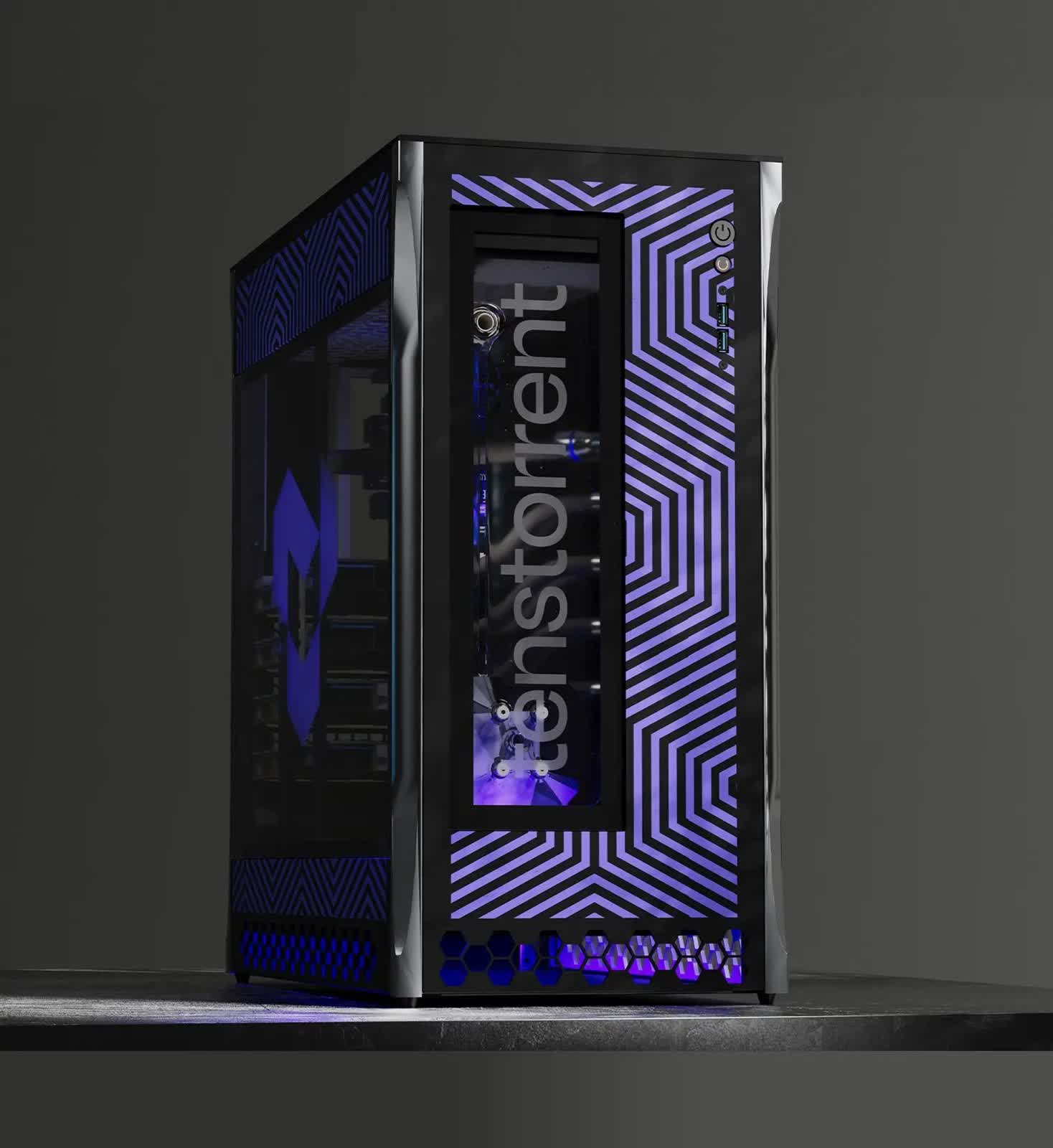Serving tech enthusiasts for over 25 years.
TechSpot means tech analysis and advice you can trust.
In context: As AI continues to remake industries, the demand for more efficient and cost-effective AI chips is poised for immense growth. Tenstorrent’s success in attracting this investment suggests that the market is ready for alternatives to Nvidia’s offerings.
Tenstorrent, a Santa Clara, California-based startup, has secured nearly $700 million in funding, catapulting its valuation to $2.6 billion. This investment round, led by South Korea’s AFW Partners and Samsung Securities, signals the emergence of another Nvidia competitor.
The company is also attracting the attention of tech industry titans. Amazon founder Jeff Bezos, through his investment firm Bezos Expeditions, has thrown his weight behind Tenstorrent’s vision. Other investors include Samsung Electronics, LG Electronics, Fidelity Management & Research Company, Hyundai Motor Group, Export Development Canada, Healthcare of Ontario Pension Plan, and Baillie Gifford.
At the heart of Tenstorrent’s appeal is its approach to AI chip design. The company, led by semiconductor pioneer Jim Keller, is focusing on developing more cost-effective and power-efficient solutions for AI development. Unlike Nvidia, which relies heavily on expensive high-bandwidth memory (HBM), Tenstorrent is leveraging open-source technology and standard components.
Tenstorrent is a strong advocate for the open-standard RISC-V processor architecture. This approach not only attracts talented engineers but also fosters innovation and interoperability with other technology providers, Keller told Bloomberg. “Open source helps you build a bigger platform. It attracts engineers. And yes, it’s a little bit of a passion project.”

The company’s strategy revolves around avoiding the use of HBM, which Keller believes gives Nvidia an insurmountable cost advantage. “You can’t beat Nvidia if you use HBM, because Nvidia buys the most HBM and has a cost advantage,” Keller stated. “But they’ll never be able to bring the price down the way HBM is built into their products and their sockets”.
Tenstorrent plans to utilize the newly acquired funds to expand its engineering team, strengthen its global supply chain, and build AI training servers to showcase its technology. The company aims to release a new AI processor every two years, aligning with the rapid pace of innovation in the industry.
Tenstorrent’s manufacturing strategy involves partnerships with leading chip fabricators. Its first chips were produced by GlobalFoundries, with future iterations planned through Taiwan Semiconductor Manufacturing Co. and Samsung. The company is also exploring 2-nanometer chip designs, in line with TSMC and Samsung’s production timelines, as well as Japan’s Rapidus Corp., which targets 2nm output by 2027.
While Tenstorrent has secured nearly $150 million in contracts, it still faces an uphill battle against Nvidia’s dominance. Nvidia currently generates tens of billions in datacenter revenue each quarter. However, Tenstorrent’s approach and high-profile backing position it as an interesting challenger in the AI chip landscape.















